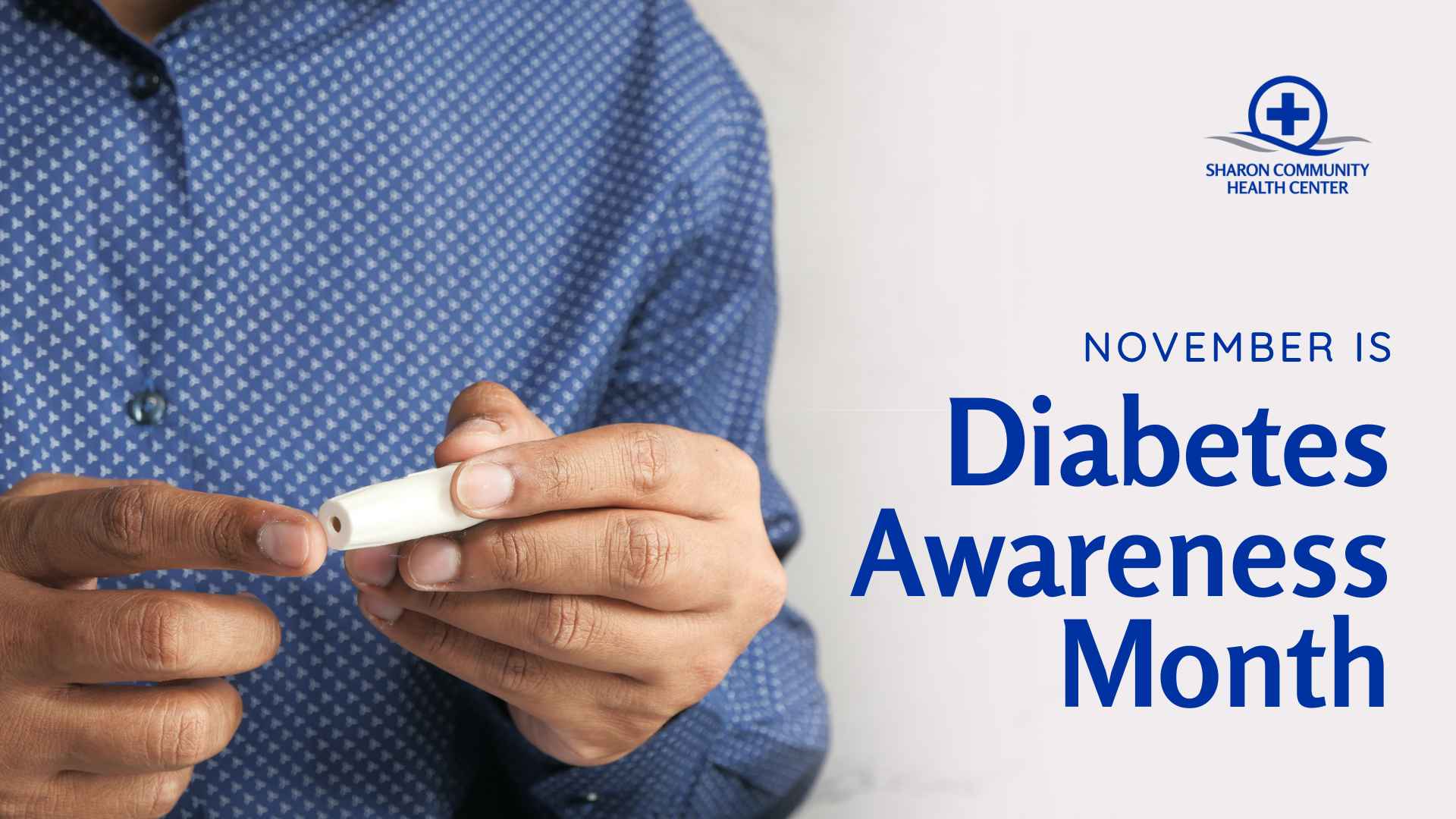
Why is Diabetes Awareness Important?
This November, we’re partnering with the American Diabetes Association to highlight Diabetes Awareness Month and the importance of education and prevention. First established in 1975, this health-focused initiative was created to address the growing diabetes epidemic and educate people on effective management and prevention strategies. Today, it serves as a vital platform to highlight the importance of early detection, lifestyle management, and the medical advancements that have improved the lives of millions.
Did you know that over 37 million Americans have diabetes, and 1 in 5 of those individuals are not aware they have it?
The impact of undiagnosed or poorly managed diabetes can be devastating, from life-threatening complications to daily health struggles. By raising awareness, we aim to empower individuals to take control of their health, understand the warning signs, and access resources that can make a difference.
How Diabetes Affects Overall Health
Diabetes is more than just a blood sugar issue—it impacts nearly every part of the body. Here are some of the key ways diabetes can affect overall health:
- Heart: Diabetes significantly increases the risk of cardiovascular diseases, such as heart attacks and strokes. High blood glucose levels can damage blood vessels, contributing to high blood pressure and high cholesterol, which can strain the heart.
- Kidneys: Over time, uncontrolled blood sugar levels can lead to kidney damage. This condition affects the kidneys’ ability to filter waste from the blood, which may eventually lead to kidney failure if not managed properly.
- Eyes: Diabetes can damage the blood vessels in the retina which can lead to loss of sight if untreated. Regular eye exams are essential for catching early signs of damage.
- Nervous System: Nerve damage, or neuropathy, is another common complication of diabetes. It often affects the legs and feet, leading to numbness, pain, or even infections and ulcers, which in severe cases may require amputation.
These complications underscore the importance of managing diabetes early and consistently. Healthy habits, such as balanced eating, regular physical activity, and routine medical check-ups, are key to preventing these long-term effects.
Managing Diabetes Over the Holidays
The holiday season is just around the corner and while it is a time for celebration, it can also be a challenging time for those managing diabetes. With holiday meals often rich in sugars and carbohydrates, maintaining stable blood sugar levels can be difficult. However, there are plenty of delicious and diabetes-friendly alternatives that can help keep your A1c levels under control without sacrificing flavor.
By making small adjustments to traditional holiday meals, you can enjoy the festivities while keeping your health on track.
Here are a few tips and recipe ideas to navigate the holidays:
- Opt for whole grains and fiber-rich foods: Instead of traditional white bread stuffing, try making a whole-grain stuffing with lots of vegetables and herbs. Fiber helps stabilize blood sugar levels and keeps you feeling full longer.
- Make Smart Swaps for Snacks: snacking on nuts, seeds, and cheese instead of sugary treats will help you avoid blood sugar spikes.
- Focus on portion control: The holidays are notorious for oversized portions. Stick to smaller servings and balance your plate with non-starchy vegetables like green beans.
- Stay Active: With all the holiday events, it’s easy to skip exercise, but staying active is key to keeping blood sugar levels stable. Aim for at least 30 minutes of moderate activity most days, whether it’s a brisk walk after meals, a fun holiday dance, or a family hike. Physical activity can help lower blood sugar and improve your overall well-being.
- Enjoy Guilt-Free Desserts: Satisfy your sweet tooth by making diabetic-friendly desserts using natural sweeteners like stevia or monk fruit. Choosing healthy, diabetes-friendly recipes can help keep your A1c levels stable, so you can enjoy the holidays without worry. Here are a few recipes from Prevention magazine that look delightful and are easy to make!
Be Proactive
Preventive care is crucial in managing diabetes and avoiding serious complications. Take charge of your health this month by scheduling a check-up with Sharon Community Health Center. Early detection of diabetes or prediabetes can prevent serious complications, and our team is here to support you every step of the way. Whether you need guidance on managing your blood sugar, assistance with meal planning, or advice on staying active, we are here to help. Contact us to get started.
